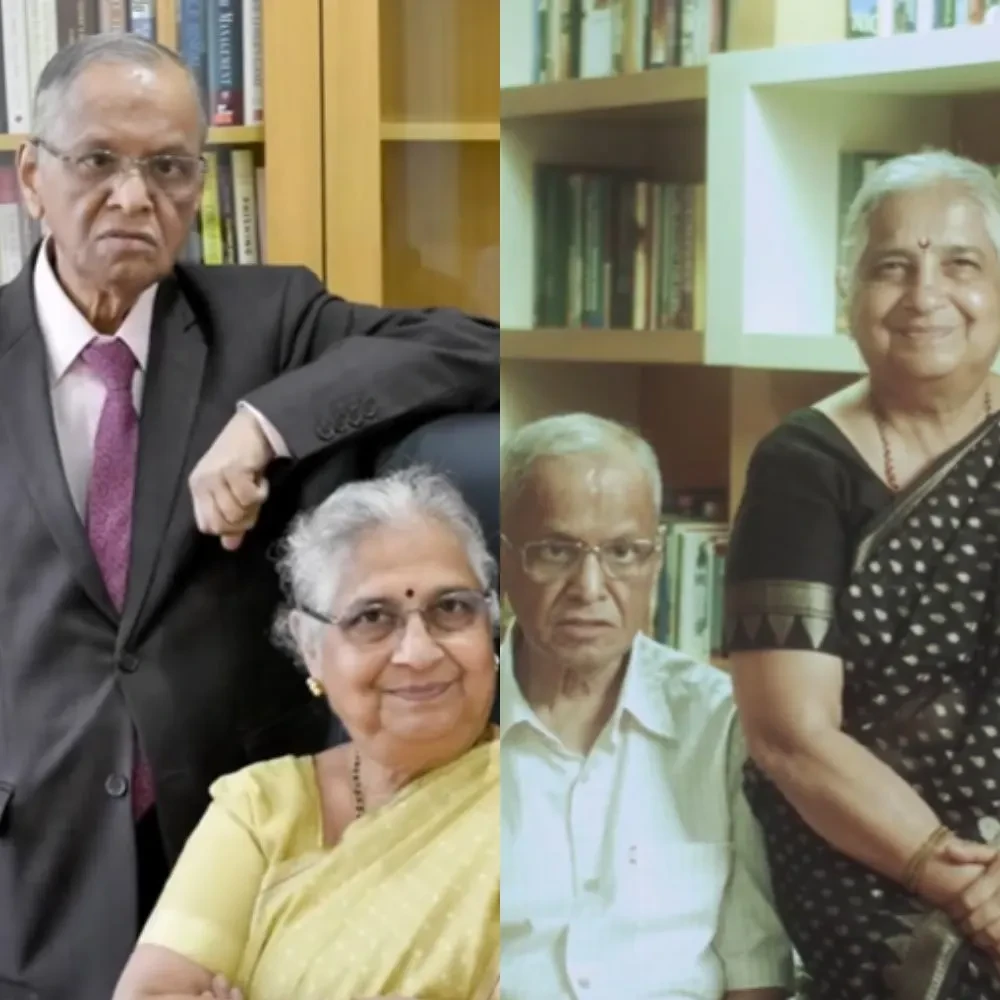5 Different types of affairs you should know about
Affair or adultery is considered as cheating on partners. And there are different types of this involvement. So, read on to know about these 5 types of affairs.

When a person gets involved in a relationship with someone other than their spouse or partner, then it is considered to be an affair. It is considered as a betrayal of trust in a bonding. An affair is called adultery or infidelity. Physical intimacy may or may not be a part of this kind of involvement.
This may be surprising to know that there are 5 types of affairs that people tend to involved in. And here we have talked about each of the types of affairs to understand their nature.
Different types of affairs or adultery.
Emotional affair
Generally, there is less or no physical intimacy at all in this bonding. It’s based on emotional intimacy completely. But it’s more damaging than the other ones. The couple may not get physically intimate with each other, but they have a dream of the future with each other.
Casual
There is only physical intimacy in this bonding. It’s more like a one-night stand. And people get involved in this casual bonding often just to enjoy the thrill of illicit sex. But according to psychologists, this can be hard for women to be with someone without any emotional attachment.
Second relationship
People in unhappy marriages get into this kind of relationship. They find emotional and physical intimacy with this partner and often consider them as the soulmate. They find it as a way of getting out of their failed marriage.
One-sided affair
People often get involved in this kind of relationship when they are tempted by someone. They may be very happy in their current bonding and also are not looking for an affair. They just couldn’t resist this kind of provocation.
Post-crisis affair
This kind of bonding starts right after some unprecedented changes in someone’s life, like the death of his mother or close friend, health crisis, job loss etc. At this moment, they tend to experience some kind of hopelessness and question about their own identity. This leads them towards seeking a person that can provide their needs.





 JOIN OUR WHATSAPP CHANNEL
JOIN OUR WHATSAPP CHANNEL














































































